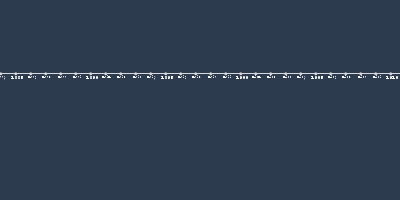Franco-Prussian War (jul 19, 1870 – may 10, 1871)
Description:
To correctly understand the Franco-Prussian war, one must first understand the events beforehand. In the 1870's, "Germany" was not as we know it today. The land of Germany was controlled by the Austrians and the Prussians. However, both of these powers wished to take total control of Germany for themselves. When Otto von Bismark was elected as the prime minister of Prussia, he decided to fight Austria for total control over Germany. Cue the Seven Week's War on July 3, 1866. This war was won by the Prussians, and Germany began its road to unification. France became worried by the increasing power of Prussian-led Germany, and when Bismark published a telegram in a newspaper insulting France and Spain, war was declared. This was known as the Franco-Prussian War, and everybody was expecting France to win. However, due to the German states joining the Prussian side of the war and France not gaining any extra support, Germany won. Wilhelm I was declared Emperor of China, and Bismark took the title of Chancellor. Germany was not only its own nation now, but it was powerful as well after France's surrender in February of 1871. This was after Germany had captured France's capital: Paris. This unification of Germany had considerable effects on the development of Europe as a whole. For example, it led to the discoveries of Max Planck (a scientist), Nietzsche (a philosopher), Richard Wagner (a composer) and Karl Benz (an engineer). In addition to this, this drastic change put a barrier in the flow of things in existing European powers, and through a chain of event, led to World War I and World War II.Added to timeline:
Date:
jul 19, 1870
may 10, 1871
~ 9 months
